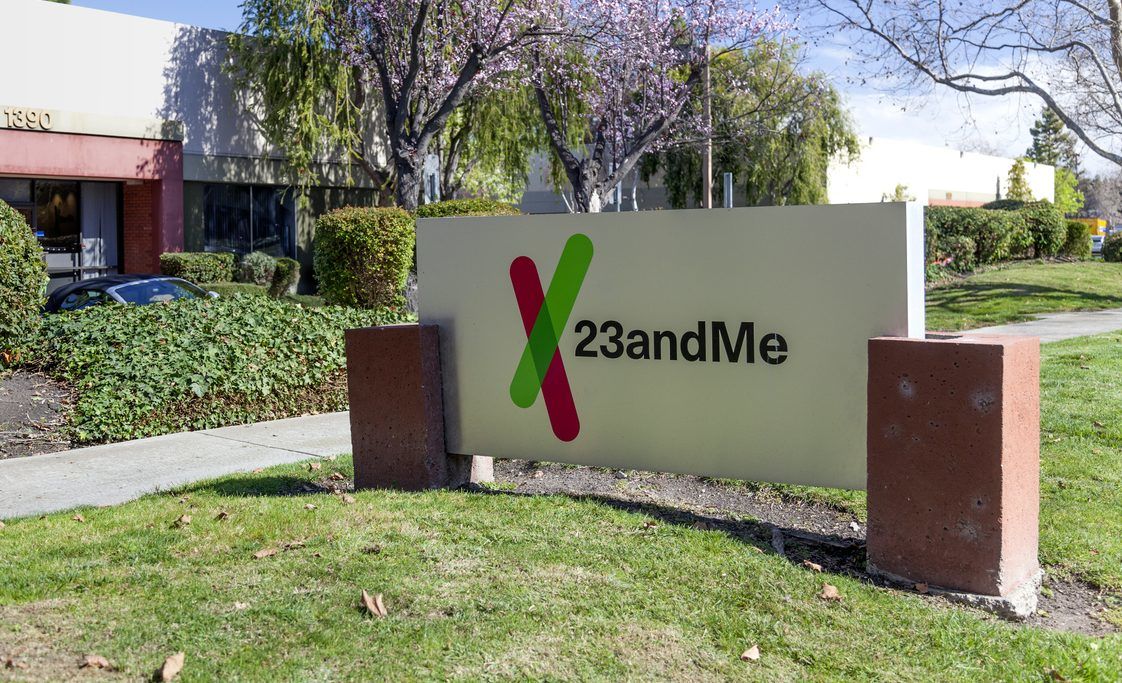Using genealogical websites, U.S. authorities apprehended a notorious serial killer/rapist from California three decades after he began his trail of terror.
Investigators collected DNA from the crime scene of the Golden State Killer and found a DNA match with one of his relatives through an online genetic profile. This led to the arrest of James DeAngelo, a former police officer, on Tuesday.
Websites such as AncestryDNA and 23andMe use your spit to uncover information about your family history, including whether you may have a genetic predisposition for certain diseases. But you may want to think twice about sending a DNA sample to a genealogy website to find out about your roots—even if you’re not a criminal like DeAngelo.
These companies use the DNA to compile online profiles, and according to privacy expert Timothy Caulfield, there’s a concern that in the future insurance companies may be able to access the information and use it against you.
“People could use genetic information to discriminate against you if you have predispositions for a particular kind of disease,” he told CTV News. “That is definitely something that people are worried about.”
So much of your information is already out there, such as where you live, where you went to school, and what your online search habits are. Do you want people to potentially have access to your DNA profile as well?
AncestryDNA and 23andMe do not give genetic information to insurance companies or employers. Law enforcement authorities must go through the proper legal channels to access any information. DNA information from these websites is not provided to third parties unless users consent. But there’s still a risk.
“Obviously, there is a lot of fine print,” Mary Freivogel, president of the National Society of Genetic Counselors, told NBC News in 2017. “Any time you do anything and you have a big, long agreement in front of you, I think so many of us are accustomed to just clicking ‘agree’.”
Ancestry DNA explains on its website that DNA results are stored in a secured database, and the lab processing the DNA does not have access to people’s names or addresses. The company also stresses, “You have the choice to delete your DNA test results — Once a DNA test result is deleted, that choice is permanent. You will no longer see the results in your account.”
Yet, there’s a possibility that a genealogy website could be hacked.
In December, Alberta’s privacy commissioner issued a statement recommending people examine “how the company will store, use, and retain your DNA sample.”
The statement warned, “Genetic information is deeply personal, and cannot be changed in the event of a privacy breach.”
Michelle De Mooy, director of the privacy and data project at the Center for Democracy & Technology, told McClatchy DC Bureau in December: “It’s really inevitable that these databases will be breached. This is just tempting, tempting data for the government, too.”


